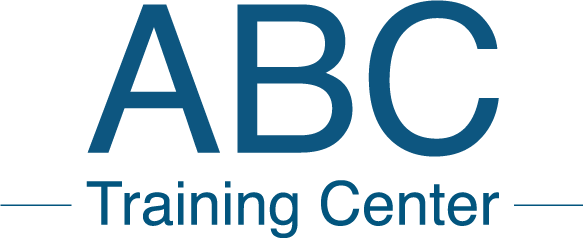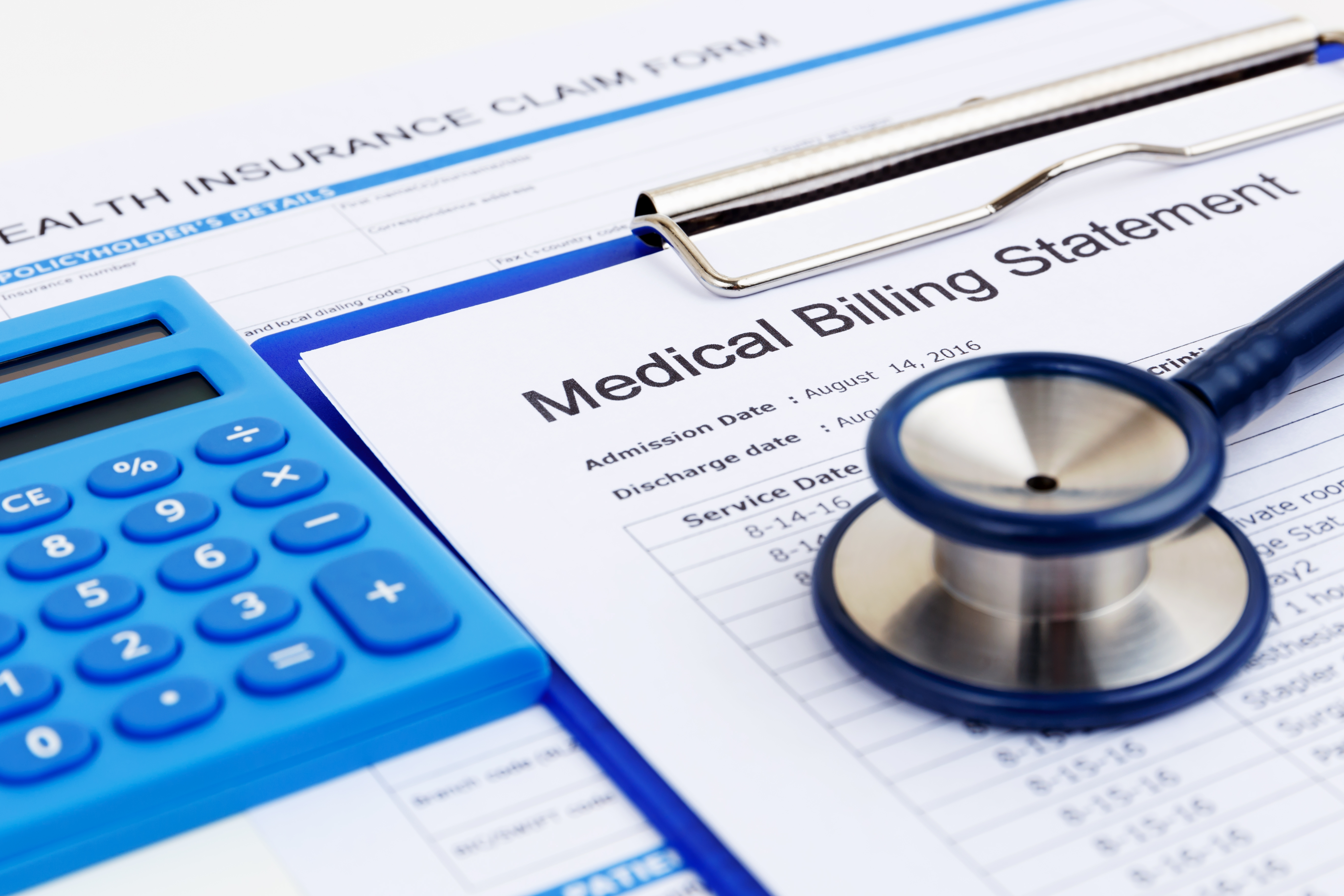Medical billing is a field that will always be necessary because as long as physicians require payment, patients will need to be billed. It’s a well-paying field and doesn’t require medical school: training can be completed in a matter of weeks instead of years. Once you’ve begun a career in medical billing, it’s important to follow certain best practices if you want to have a successful business.
- Maintain clarity in your collections. The medical providers with whom you work depend on your process to maintain their practice’s financial health. It’s important for patients to pay at least a portion of the bill at the time of service, and that they know what’s expected of them in regards to paying their bills. In addition to making your policies clear, you’ll also need to gather sufficient information about each patient, including address, phone number, email, and other relevant contact information.
- Manage claims well. Did you know that about eighty percent of medical claims contain errors? This is a significant issue because insurance companies are sticklers for accuracy, and so these claims often get rejected. To make sure that you don’t have to go through the hassle of editing and resubmitting, get it right the first time. Common errors include missing patient information, incorrect provider or insurance information, duplicate billing, missing documentation, and a failure to include an explanation of benefits.
- Keep coding errors to a minimum. Medical coding can be complicated, which is why it’s important to double-check before submitting a claim. Look for such common coding errors as using non-specific diagnosis codes or incorrect modifiers. Upcoding, in which a patient is charged for a more expensive procedure, and under coding, in which the code indicates a procedure of lesser value, are also among the mistakes that are often made.
- Have a strategy for denied or rejected claims. Rejected claims haven’t been processed because there are errors that need correction. A denied claim indicates that the insurer has detected an error, either on the part of the patient or the provider who coded the bill, which causes the insurance company to return the claim to the biller. Rejected claims are easy to avoid with care before submission, and can be edited and resubmitted. Denied claims, however, must be appealed before resubmission. Try not to contact the patient unless absolutely necessary, but remain in contact with a representative of the insurance company and a representative of the patient until the claim is resolved.
Whether you’re just starting out in medical billing, or you need to update your skills, finding the right school is important. If you’re looking for a school NYC students trust to help them launch their careers in the medical field, enroll with ABC Training Center. Our nationally certified program prepares you to work in any medical setting. Continue browsing to learn more about our home health aide and medical assistant training in New York, or call us at 718-618-5589.

